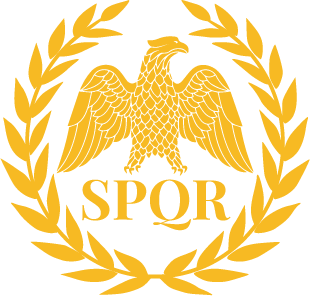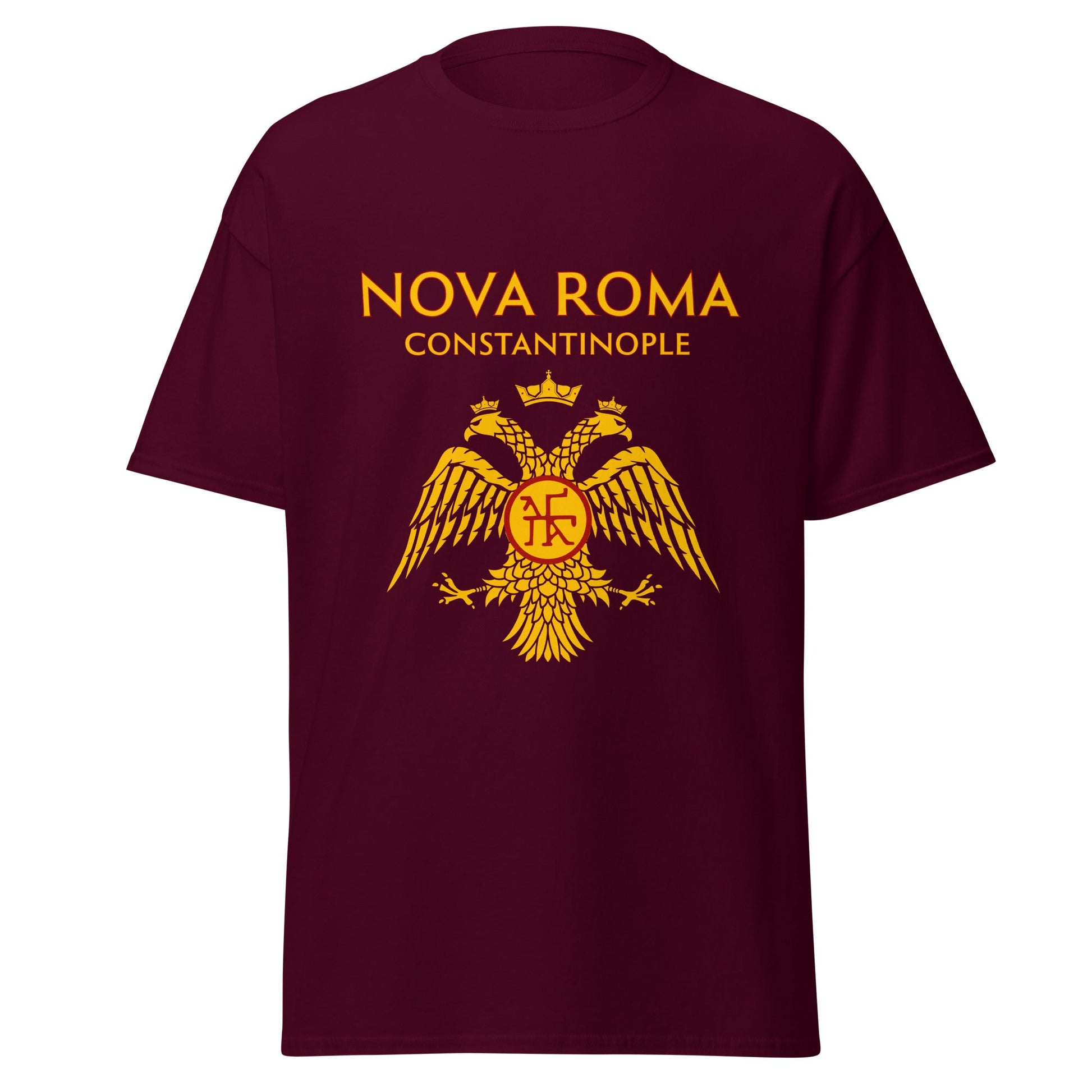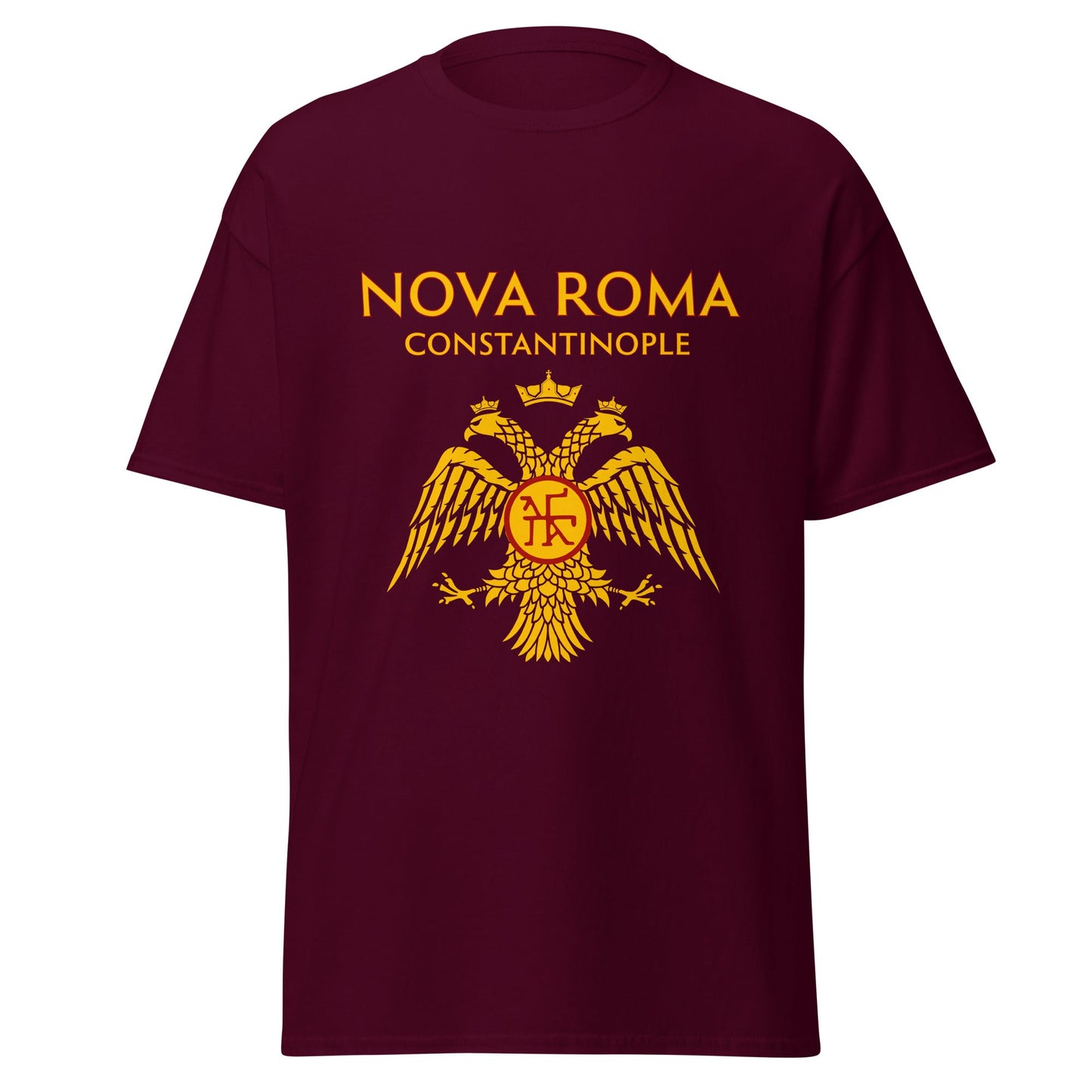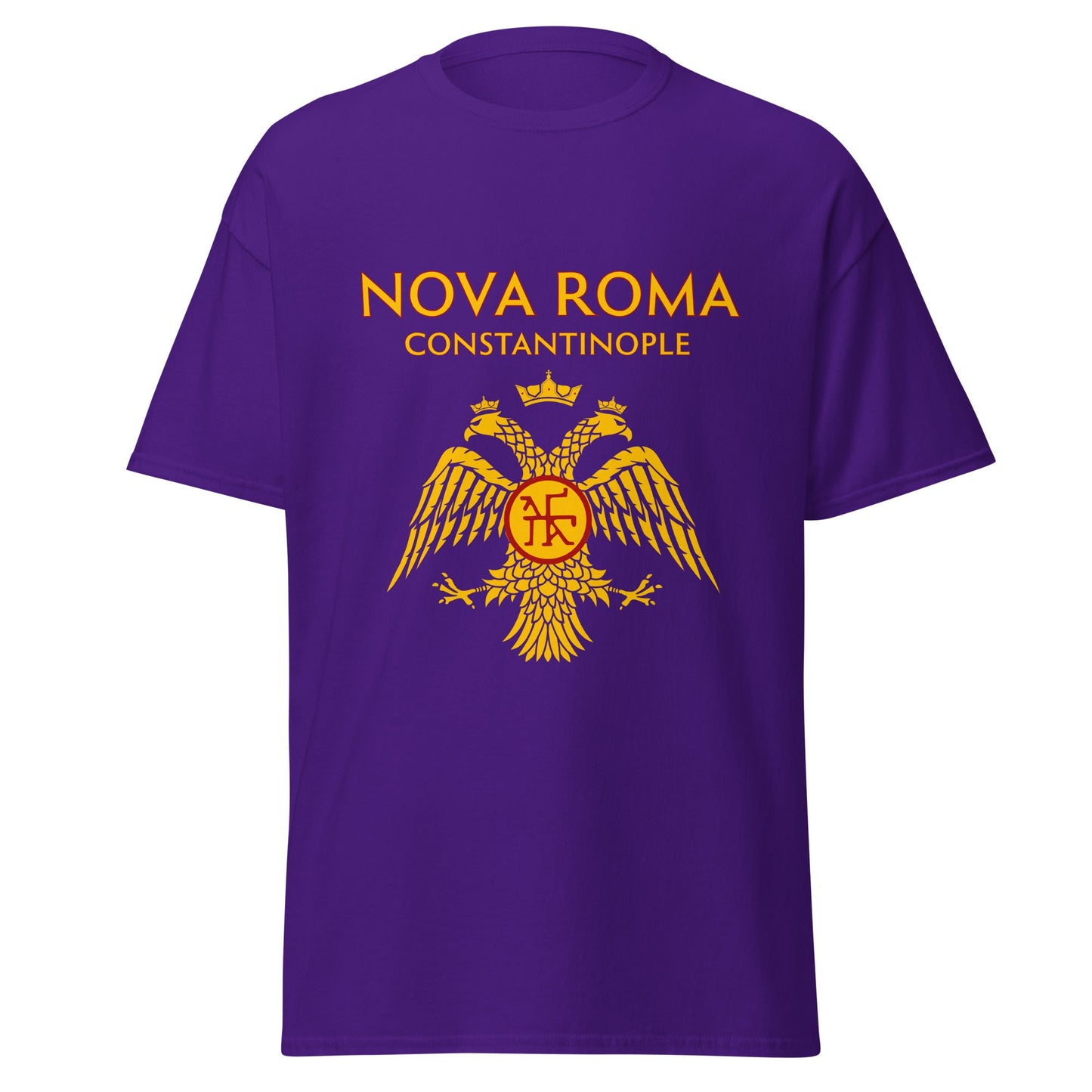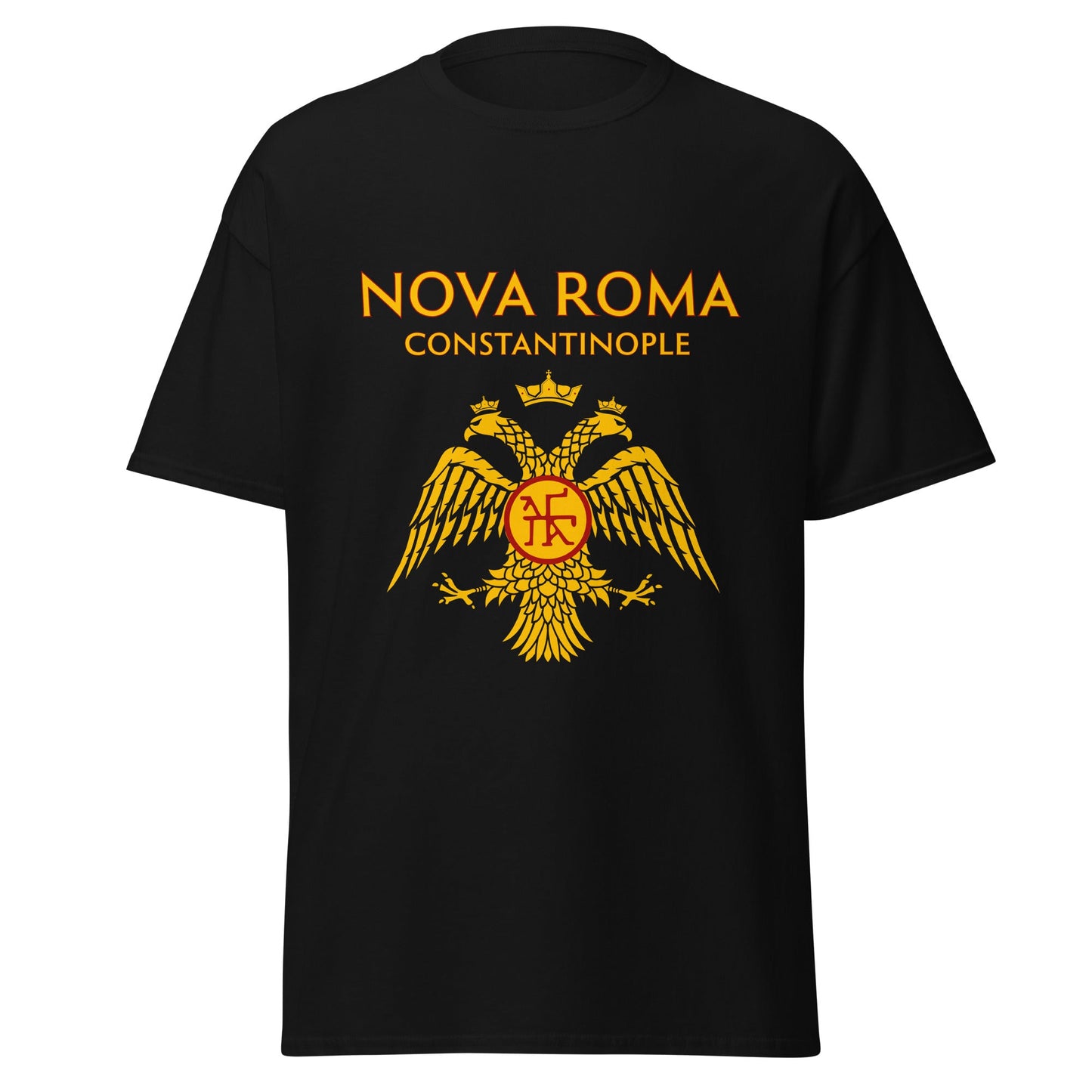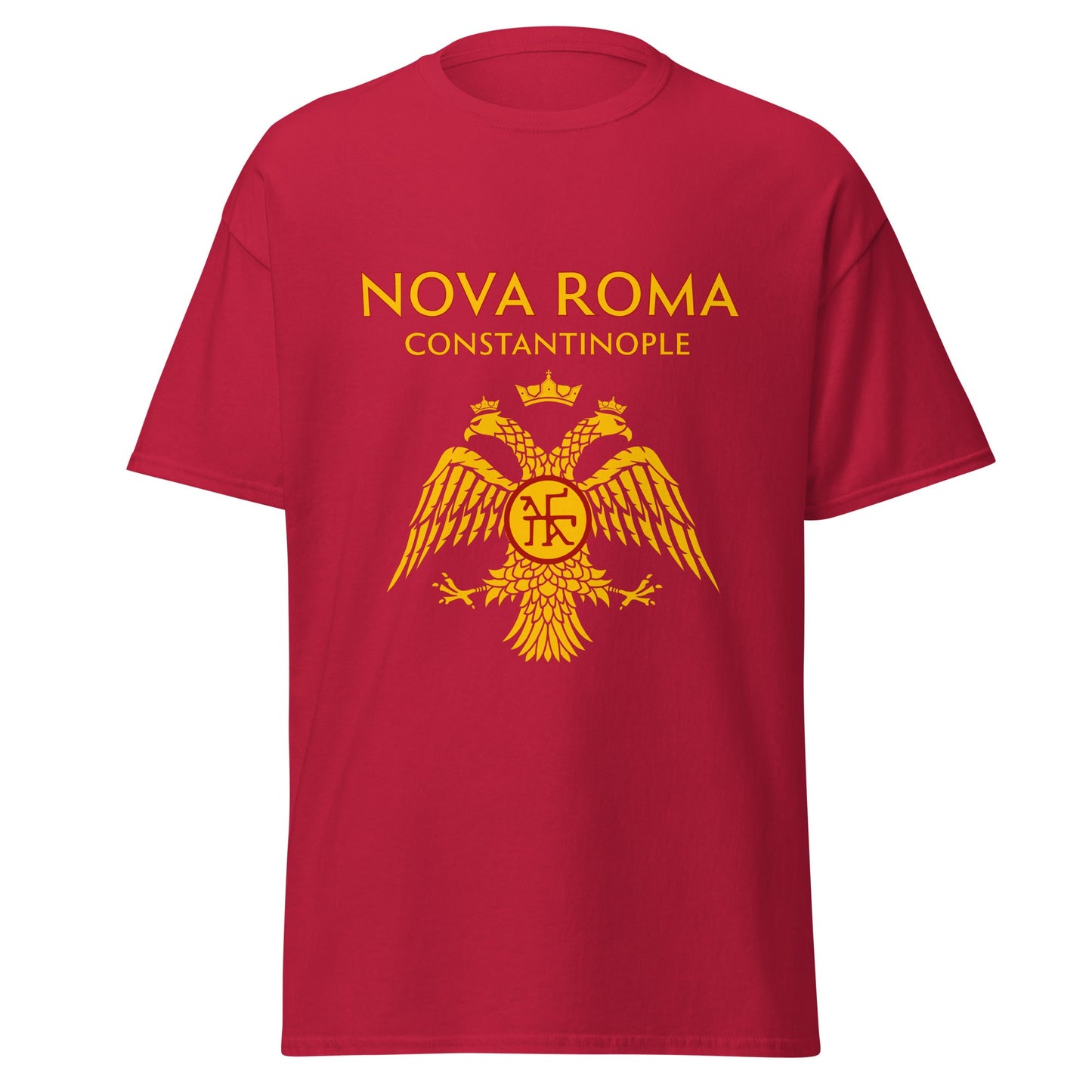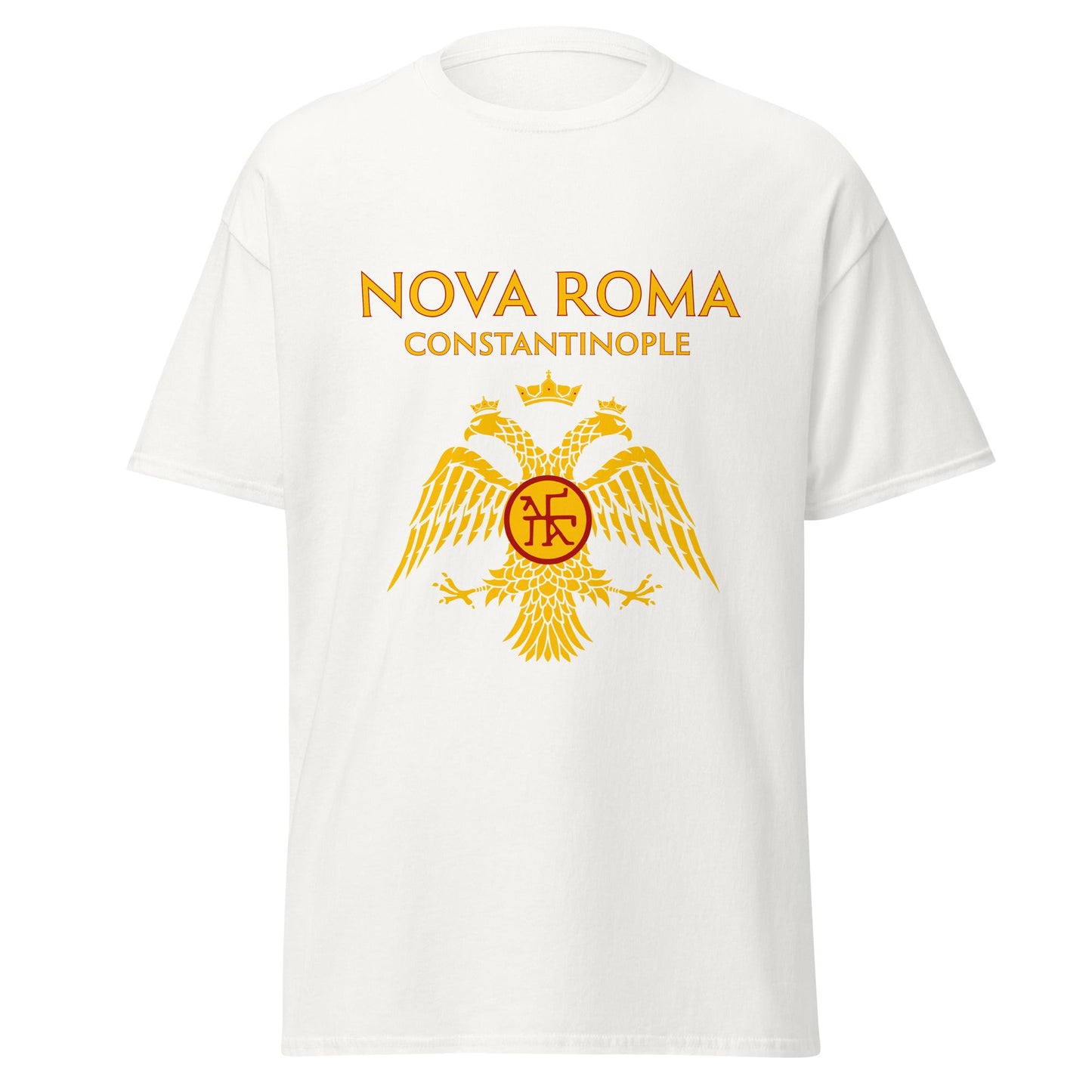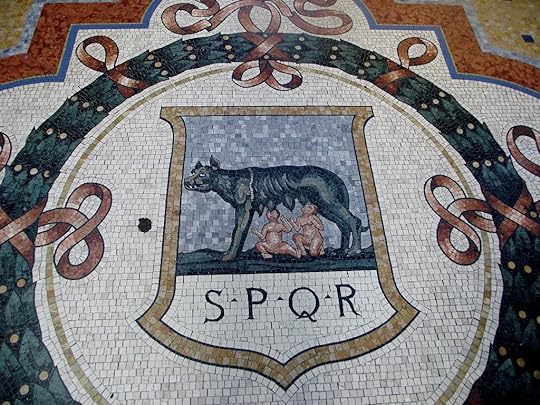
SPQR: The Emblem of Rome’s Greatness
SPQR, an abbreviation for “Senatus Populusque Romanus”, translates to “The Senate and People of Rome”. This emblematic phrase refers to the government of the ancient Roman Republic, symbolizing the two equally essential bodies of the Roman state: the Senate and its citizens.
But the phrase SPQR is more than just an abbreviation; it represents the unique political structure of Rome. The two entities, the Senate and the Roman People, were sovereign when combined. This balance of power was a cornerstone of the Roman Republic and later, the Roman Empire.
Rome’s greatness stemmed from its military prowess, political institutions, and social structures. It grew from a small town on central Italy’s Tiber River into an empire that encompassed most of continental Europe, Britain, much of western Asia, northern Africa, and the Mediterranean islands. Rome’s thriving civilization produced advances in technology, culture, and architecture that remained unequaled for centuries.
The origin of the phrase SPQR is not certain, but it may have been coined by the consul Lucius Junius Brutus in 509 BC, after he led the overthrow of the last king of Rome, Tarquinius Superbus. Brutus wanted to emphasize the new role of the people in the governance of Rome, as opposed to the tyranny of the monarchy. The phrase was inscribed on public buildings, monuments, coins, flags, and even the shields of the Roman soldiers.
SPQR was not only a political slogan, but also a source of pride and identity for the Romans. It expressed their sense of belonging to a great and powerful community, united by a common history, culture, and law. The phrase was also used as a greeting, a salutation, and a sign of loyalty. For example, when Julius Caesar crossed the Rubicon river in 49 BC, he reportedly said “alea iacta est” (“the die is cast”) and then addressed his troops as “Quirites”, meaning “citizens of Rome” or "people of the SPQR".
The famous acronym has survived the fall of the Roman Empire and has remained a symbol of Rome to this day. It is still used as an official emblem of the modern-day municipality of Rome, appearing on its coat of arms, manhole covers, and public transport. It is also a popular motif in art, literature, and media, often evoking the glory and legacy of ancient Rome.
Here at the Emporium Romanum, we strive to keep the spirit of Rome alive with our SPQR edition. Our products are more than just merchandise; they are tangible connections to a time of great progress and innovation. Each item in our store carries with it the legacy of the Roman Empire, from the grandeur of its architecture to the intricacies of its political systems.
But the phrase SPQR is more than just an abbreviation; it represents the unique political structure of Rome. The two entities, the Senate and the Roman People, were sovereign when combined. This balance of power was a cornerstone of the Roman Republic and later, the Roman Empire.
Rome’s greatness stemmed from its military prowess, political institutions, and social structures. It grew from a small town on central Italy’s Tiber River into an empire that encompassed most of continental Europe, Britain, much of western Asia, northern Africa, and the Mediterranean islands. Rome’s thriving civilization produced advances in technology, culture, and architecture that remained unequaled for centuries.
The origin of the phrase SPQR is not certain, but it may have been coined by the consul Lucius Junius Brutus in 509 BC, after he led the overthrow of the last king of Rome, Tarquinius Superbus. Brutus wanted to emphasize the new role of the people in the governance of Rome, as opposed to the tyranny of the monarchy. The phrase was inscribed on public buildings, monuments, coins, flags, and even the shields of the Roman soldiers.
SPQR was not only a political slogan, but also a source of pride and identity for the Romans. It expressed their sense of belonging to a great and powerful community, united by a common history, culture, and law. The phrase was also used as a greeting, a salutation, and a sign of loyalty. For example, when Julius Caesar crossed the Rubicon river in 49 BC, he reportedly said “alea iacta est” (“the die is cast”) and then addressed his troops as “Quirites”, meaning “citizens of Rome” or "people of the SPQR".
The famous acronym has survived the fall of the Roman Empire and has remained a symbol of Rome to this day. It is still used as an official emblem of the modern-day municipality of Rome, appearing on its coat of arms, manhole covers, and public transport. It is also a popular motif in art, literature, and media, often evoking the glory and legacy of ancient Rome.
Here at the Emporium Romanum, we strive to keep the spirit of Rome alive with our SPQR edition. Our products are more than just merchandise; they are tangible connections to a time of great progress and innovation. Each item in our store carries with it the legacy of the Roman Empire, from the grandeur of its architecture to the intricacies of its political systems.

